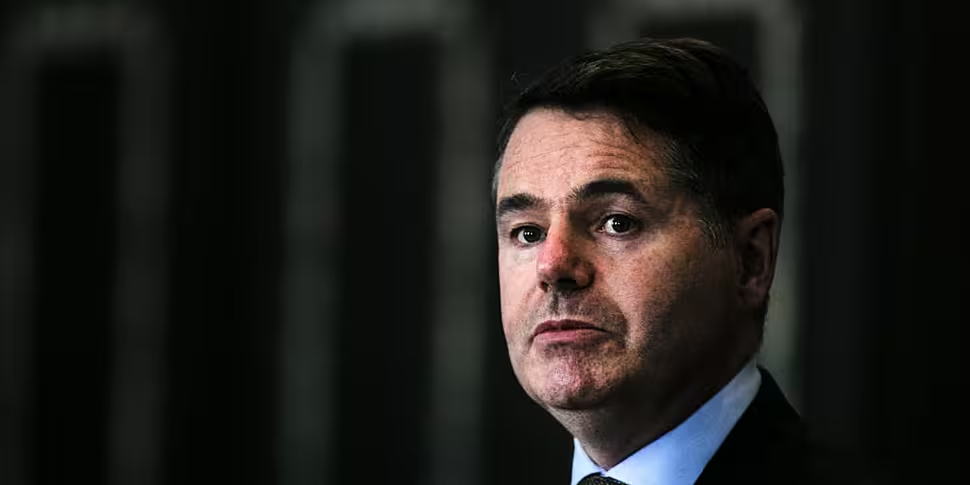The public finances have deteriorated by €8.3bn in the past year.
New exchequer figures show the deficit was €7.4bn in July, compared to a surplus of €896m in the same month last year.
The fall is being blamed on the cost of the State's response to the COVID-19 pandemic, particularly in the areas of health and social protection, with spending up €8.6bn year-on-year.
Overall tax revenue to end of July was down by €791m, boosted by strong corporation tax returns.
While VAT receipts were down by over €2.2bn on last year, which the department says reflects "significantly reduced consumption".
Excise receipts have also fallen by 17.6%, or €604m, to the end of July.
However excise in the month saw some recovery, with receipts of €598m up by 18.4% on last year.
This was likely driven by sales of alcohol and tobacco, with the latter boosted by the continuing decrease in international travel - which has impacted on cross-border shopping.
The department adds that receipts to date have benefited from a strong performance in January and February, as well as solid corporate tax receipts, which have compensated for declines in other tax heads - particularly VAT and excise.
Finance Minister Paschal Donohoe has said the figures were to be expected.
"The Exchequer figures today, while they show a really significant change on where we thought we were going to be at the start of the year, and a very big change on where we thought this particular month would look like, the level of deficit that we now have is in line with what we expected earlier on in the year.
"It's in line with what we indicated in the July jobs plan".
"The extraordinary increase in public expenditure is a result of the Government's commitment to supporting our health service and the wider economy through this unprecedented period."
"A deficit of this magnitude underlines the extent of the fiscal challenge we face in placing the public finances on a sustainable and credible trajectory as the economy recovers".









